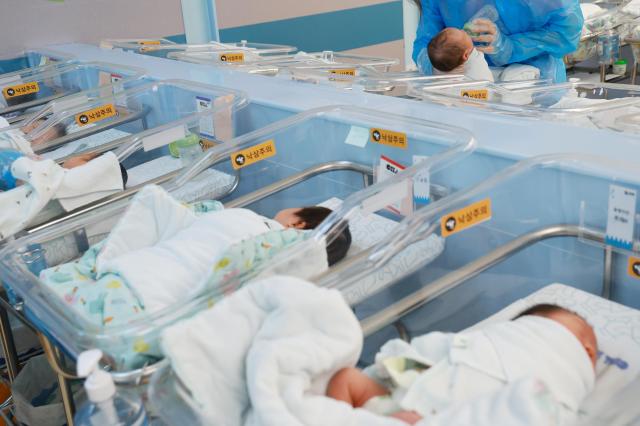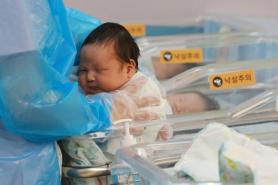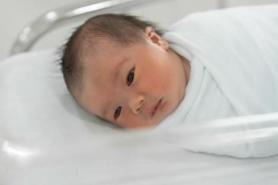
SEOUL, August 8 (AJP) - When South Korean actress Lee Si-young revealed last month that she was pregnant with her second child, using a frozen embryo created with her ex-husband and implanted after their divorce, it sparked a heated debate over the legal and ethical implications of in vitro fertilization (IVF).
While the law has not apparently been violated in a technical sense, experts say, the ethical furor suggests that it is ambiguous and that some kind of amendment may be necessary.
South Korea's bioethics and safety law has a "withdrawal of consent" clause that allows either party to revoke their prior consent clearly to the medical institution, said Um Kyong Chon, a lawyer at Law Firm Family.
"The implantation likely would not have proceeded if the ex-husband had formally expressed his objection," he said.
Lee's pregnancy does not violate the law, Um said, but it may raise legal responsibilities for her ex-husband once a child is born.
Kim Jae-yeon, president of the Korean Association of Obstetricians and Gynecologists, also emphasized the complicated legal consequences that could arise after the child's birth.
"An embryo represents potential life, and both parties should have equal responsibility in how it is used," he said. "If a child is born through implanting after the couple has separated, it could lead to complex legal issues involving parental duties and inheritance."
There is no precedent that allows us to judge this issue, Kim said. However, parental responsibilities regarding embryos may persist even if the marriage is legally dissolved, he said.
"If one party proceeds with implantation without the other's consent, it could create unwanted legal ties, along with accompanying obligations such as child support," he added. He also said one party may even seek civil damages for emotional distress or losses stemming from a birth that had not been consented to.
Similar legal uncertainties have surfaced in the U.S. The Michigan Supreme Court earlier this year declined to hear a case involving a divorced couple in their 40s who disagreed over the use of a frozen embryo created during their marriage. Sarah Markiewicz wanted to implant the remaining embryo, but David Markiewicz opposed it. The court decided not to judge the case, as it raises "significant policy questions" that are "most appropriately resolved" by lawmakers, regarding how the law should treat embryos.
Meanwhile, nearly 800,000 embryos were newly created through IVF in South Korea last year, an 83.2 percent increase from 2019, according to data from the Ministry of Health and Welfare.
Over 380,000 frozen embryos were being stored nationwide, while more than 530,000 were discarded due to expiration, medical unsuitability, or at the request of the legal consent holder.
Calls are growing for clearer regulations regarding the use and disposition of frozen embryos. But still, there is no clear social consensus on the legal status of embryos, whether they are considered life or disposable medical material.
Copyright ⓒ Aju Press All rights reserved.



